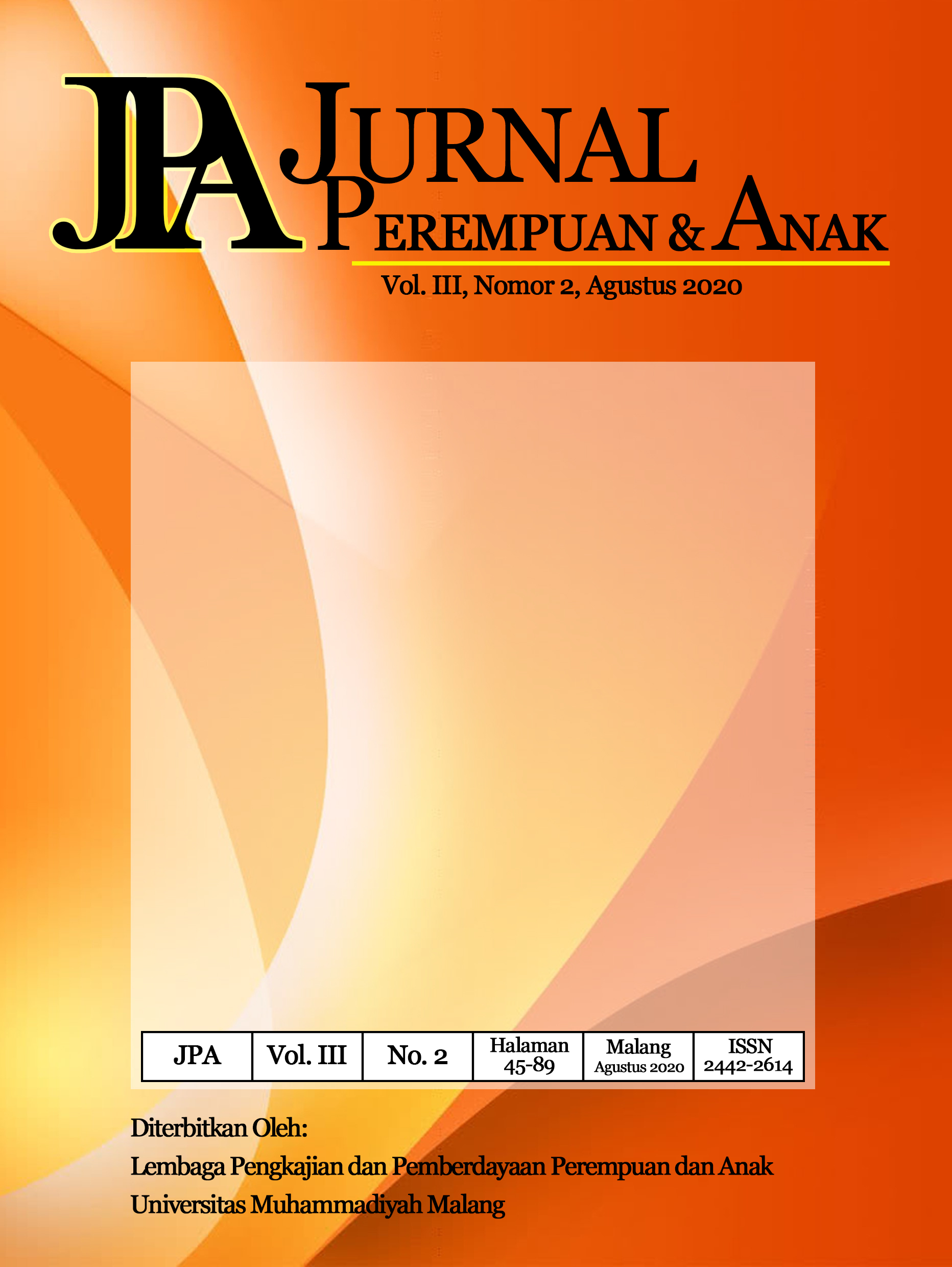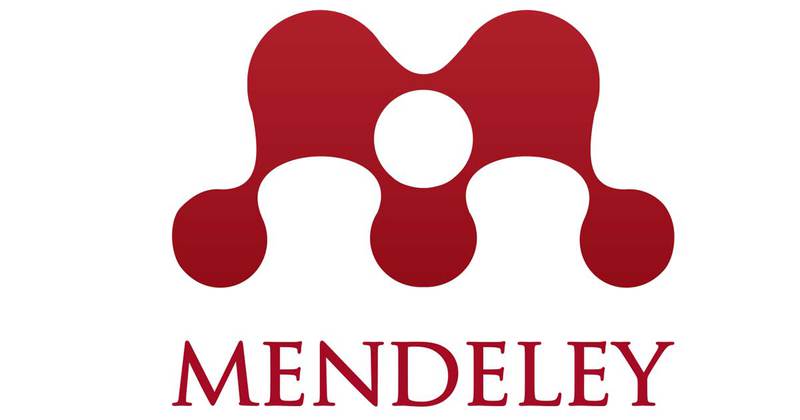Life Skill For Women Empowerment: Patchwork For Creativity And Entrepreneurship
DOI:
https://doi.org/10.22219/jpa.v3i2.16150Keywords:
women empowerment, life skills, entrepreneurshipAbstract
The present community service highlights life skill program for women empowerment. Particularly, the current community empowerment program involves members of PKK of RT 03 RW 02 Sumbersekar, Dau Malang. There are currently 32 members in the organization that comes from different socio-economic background. In terms of entrepreneurial skills, the women in the particular organization have limited knowledge and skill in entrepreneurship. Based on the observation and confirmed with the result of interview, most of the women who are the member of PKK RT 03 RW 02 are low-middle class family who rely on the husbands’ income from farming. Given that most of the members relies on agricultural sector as their income, most of them do not have a sufficient educational background. Although the community has issue with limited fund to support their program, they have a good creativity. In addition, given that the Gender Empowerment Index in East Java is still low, the present community empowerment program intends to offer solution to empower the women at PKK RT 03 RW 02 Sumbersekar with the expectation that it will not only provide more space for their creativity but also their financial support. In accordance to that, the present community service program is not only aims to empower the women, but also improve their economics. The results indicated that the program ran successfully although it was conducted in the COVID 19 pandemic. Some adjustments have been made, but it did not change the fact the target communities obtained the positive effect from the empowerment program.
Downloads
References
Adzmy, M. F., & Disyacitta, F. (2018). The Indonesian Family Welfare Guidance Programme (PKK) and the Revitalisation of Corporatist state organisations: A Case Study of the Mobilisation of Support for Dewanti Rumpoko in the 2017 Batu Municipal Election. PCD Journal, 6(1), 1. https://doi.org/10.22146/pcd.31291
Evelina, T. Y., Wijayanti, R. F., & Budiarti, L. (2017). Pelatihan Craft Kain Perca Bagi Pemberdayaan Dan. 31–38.
Fatah, M. (2020). Empowerment of Women Through Organisasi Pemberdayaan Kesejahteraan Keluarga (Family Welfare and Empowerment Organization) in The Family Income Development Program in Banjarbaru City, Indonesia. European Journal of Political Science Studies, 3(2), 96–111. https://doi.org/10.46827/ejpss.v3i2.838
Fisher, J., Languilaire, J. C., Lawthom, R., Nieuwenhuis, R., Petts, R. J., Runswick-Cole, K., & Yerkes, M. A. (2020). Community, work, and family in times of COVID-19. Community, Work and Family, 23(3), 247–252. https://doi.org/10.1080/13668803.2020.1756568
Masyhud, Nurbatra, L. H., Hartono, & Dwi Anggraini Puspita. (2019). Life Skill Education (LSE) in non-formal education setting. EDUCAFL: Education of English as a Foreign Language, 2(1).
Nurdin, A. (2016). Pendidikan Life Skill Dalam Menumbuhkan Nonformal Paket C. Tarbawi, 2(2), 109–118.
Rini, E. I. H. A. N., & Yuliani Rahmah. (2019). Patchwork sebagai sarana bina kreatifitas di panti asuhan semarang. “HARMON, 3(1).
S, C. K. N. (2020). Alternative Community Empowerment Programin the New Normal Time. 29–36.
Saleh, A., & Mujahiddin, M. (2020). Challenges and Opportunities for Community Empowerment Practices in Indonesia during the Covid-19 Pandemic through Strengthening the Role of Higher Education. Budapest International Research and Critics Institute (BIRCI-Journal): Humanities and Social Sciences, 3(2), 1105–1113. https://doi.org/10.33258/birci.v3i2.946
Susiatik, T., & Widiastuti, E. H. (2020). Empowering women in developing autonomous enterprises to enhance family welfare in Bendan Duwur sub-district Gajahmungkur district. South East Asia Journal of Contemporary Business, Economics and Law, 21(5), 195–200.
Downloads
Published
How to Cite
Issue
Section
License
Copyright (c) 2020 laela Hikmah Nurbatra, Hartono Hartono

This work is licensed under a Creative Commons Attribution-ShareAlike 4.0 International License.
Authors who publish with Jurnal Perempuan dan Anak (JPA) agree to the following terms:
- For all articles published in Jurnal Perempuan dan Anak (JPA), copyright is retained by the authors. Authors give permission to the publisher to announce the work with conditions. When the manuscript is accepted for publication, the authors agree to automatic transfer of the publishing right to the publisher.
- Authors retain copyright and grant the journal right of first publication with the work simultaneously licensed under a Creative Commons Attribution-ShareAlike 4.0 International License that allows others to share the work with an acknowledgment of the work's authorship and initial publication in this journal.
- Authors are able to enter into separate, additional contractual arrangements for the non-exclusive distribution of the journal's published version of the work (e.g., post it to an institutional repository or publish it in a book), with an acknowledgment of its initial publication in this journal.
- Authors are permitted and encouraged to post their work online (e.g., in institutional repositories or on their website) prior to and during the submission process, as it can lead to productive exchanges, as well as earlier and greater citation of published wor (See The Effect of Open Access).
This work is licensed under a Creative Commons Attribution-ShareAlike 4.0 International License








